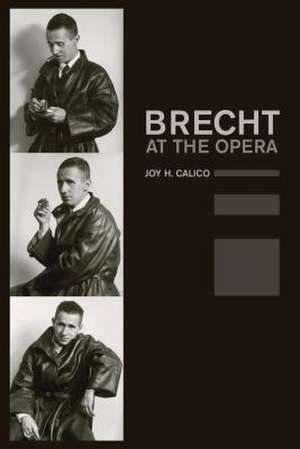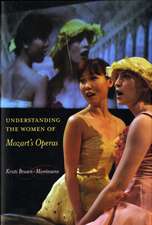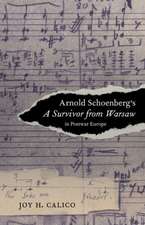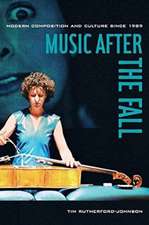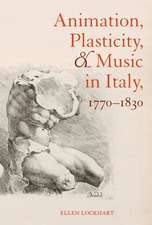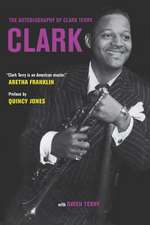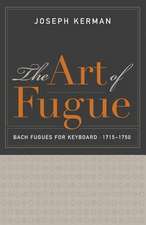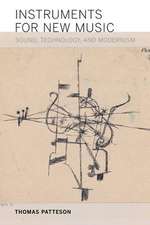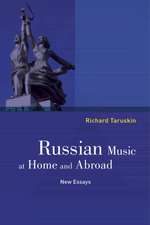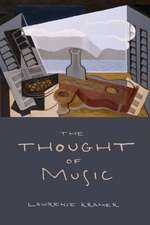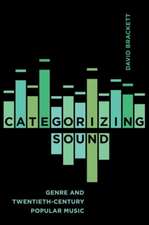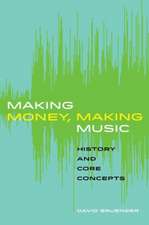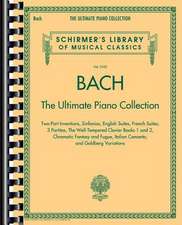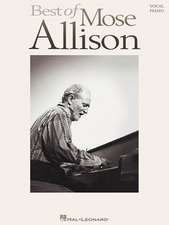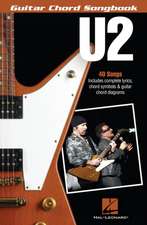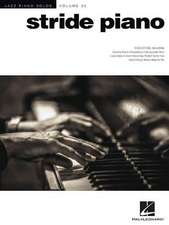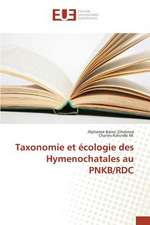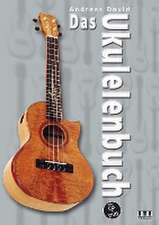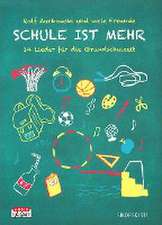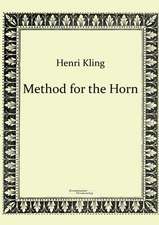Brecht at the Opera: California studies in Twentieth–Century Music
Autor Joy H. Calicoen Limba Engleză Paperback – 10 oct 2019
Brecht at the Opera looks at the German playwright's lifelong ambivalent engagement with opera. An ardent opera lover in his youth, Brecht later denounced the genre as decadent and irrelevant to modern society even as he continued to work on opera projects throughout his career. He completed three operas and attempted two dozen more with composers such as Kurt Weill, Paul Hindemith, Hanns Eisler, and Paul Dessau. Joy H. Calico argues that Brecht's simultaneous work on opera and Lehrstck in the 1920s generated the new concept of audience experience that would come to define epic theater, and that his revisions to the theory of Gestus in the mid-1930s are reminiscent of nineteenth-century opera performance practices of mimesis.
| Toate formatele și edițiile | Preț | Express |
|---|---|---|
| Paperback (1) | 314.03 lei 6-8 săpt. | |
| University of California Press – 10 oct 2019 | 314.03 lei 6-8 săpt. | |
| Hardback (1) | 505.23 lei 6-8 săpt. | |
| University of California Press – 24 iul 2008 | 505.23 lei 6-8 săpt. |
Preț: 314.03 lei
Nou
Puncte Express: 471
Preț estimativ în valută:
60.10€ • 65.26$ • 50.48£
60.10€ • 65.26$ • 50.48£
Carte tipărită la comandă
Livrare economică 22 aprilie-06 mai
Preluare comenzi: 021 569.72.76
Specificații
ISBN-13: 9780520314269
ISBN-10: 0520314263
Pagini: 304
Dimensiuni: 152 x 227 x 26 mm
Greutate: 0.45 kg
Editura: University of California Press
Seria California studies in Twentieth–Century Music
ISBN-10: 0520314263
Pagini: 304
Dimensiuni: 152 x 227 x 26 mm
Greutate: 0.45 kg
Editura: University of California Press
Seria California studies in Twentieth–Century Music
Descriere
Descriere de la o altă ediție sau format:
Argues that Brecht's simultaneous work on opera and Lehrstuck in the 1920s generated the concept of audience experience that would come to define epic theater, and that his revisions to the theory of Gestus in the mid-1930s are reminiscent of nineteenth-century opera performance practices of mimesis.
Argues that Brecht's simultaneous work on opera and Lehrstuck in the 1920s generated the concept of audience experience that would come to define epic theater, and that his revisions to the theory of Gestus in the mid-1930s are reminiscent of nineteenth-century opera performance practices of mimesis.
